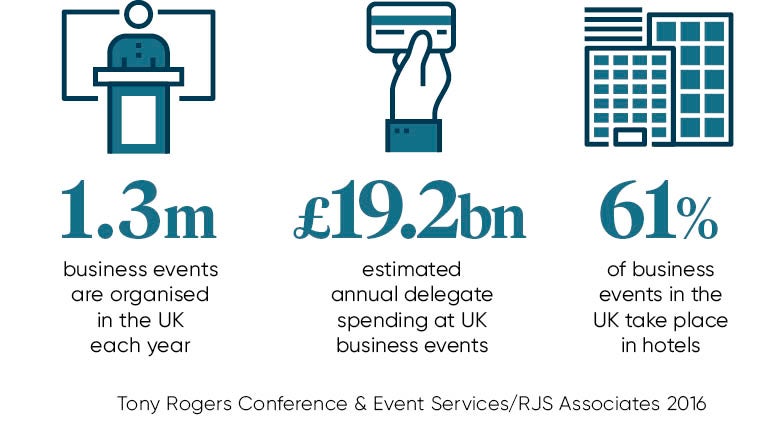The age of experience is upon us. Customers, consumers, clients and colleagues have long been saturated by a digital overload of information, messaging and marketing, and so the experience economy has come of age. On any given weekday, a walk through London’s Waterloo Station will reveal a brand eager to appeal directly to commuters, from heating products provider Vaillant with their warmth pods this January through to last November’s virtual reality experience from Qatar Airways.
Venture on foot towards the South Bank and, within the last 12 months alone, views include everything from a giant Candy Crush castle by King, a colourful installation of giant balloons by Kipling, the women’s accessory brand, and finally a giant “Batarang” by Warner Bros and Premier PR for a LEGO Batman stunt. Add to this the indomitable rise of the pop-up experience, which many chief marketing officers are now integrating into wider campaigns, and the age of experience is here to stay.
Getting your brand seen
Claudia Stephenson, vice president of business development at FreemanXP in Europe, the Middle East and Africa, creators of Vodafone’s Future Breakers Live event at Capital’s Summertime Ball, believes brand experience plays an increasingly important role in the marketing mix.
“Marketers seek out new and unique ways to cut through the clutter of modern life and connect in meaningful and memorable ways with consumers, who are busier and more distracted than ever,” she says.
“Live, face-to-face experiences allow brands to achieve just that, which is why we’re seeing a rise in demand for brand experiences, whether it be from existing clients, who are looking to increase the number of events they execute annually, or new clients who have witnessed the effectiveness of the medium first-hand and are eager to enter the space.”
Institute of Promotional Marketing’s managing director Carey Trevill says: “Time away from the office has to be balanced with what you will gain from the experience, insights and take-away value. If these are not evident quickly to the potential delegate, it is unlikely to convert to a booking, even if the event is free. Leadership conferences and events have become more popular, with recent economic events adding to the urgency to attend ‘critical’ happenings to keep on top of a fast-paced marketing environment.”
And this sense of urgency and staying at the forefront of industries remains key to brand interaction, says Olympia London’s managing director Nigel Nathan. “In today’s world, where information is delivered in many forms and at an ever-increasing rate, the most meaningful brand relationships are still formed face to face,” he says. “Even with innovations in technology and the explosion of social media, we as the event industry still maintain an edge as the only channel to offer a holistic marketing experience, facilitating true connections between people and brands.”

Integrating events and tech
Creative experience agency drp recently delivered the global launch of Triumph’s Bonneville Bobber in front of 1,000 guests at Printworks London, recording a social media reach of 68 million. The agency’s head of insight and innovation Callum Gill believes events devoid of technology will have little resonance with the millennial generation, yet argues that the right tech must be deployed to gain a strong and measurable result.
“This year the buzz is around augmented reality and virtual reality,” he says. “The latter is immersive and powerful but actually quite isolating in an event environment. Large-scale shared virtual experiences are still a way off, while augmented reality is shareable at the event which encourages wider participation, plus it is scalable pre and post-event, and easily accessible on devices everyone already has. As it becomes more a part of everyday life, such as Nike just launching their NIKEiD AR shopping experience in their Parisian flagship, augmented reality will become a must-have like an app or even wi-fi.”
Status is no longer determined by the car we drive or the watch we wear, but rather the experiences we’ve had
Printworks also worked with Toyota and Adidas, and Vibration Group’s creative director Simeon Aldred believes that content remains key for the brands. “Creating the right content for sharing by key influencers is everything. With brands like adidas, these super fans are not just propagating through the traditional native social channels, but increasingly using apps such as WhatsApp, Snapchat, WeChat and Facebook Messenger. Brands know this and are working hard with their agencies to create the best most engaging, and ultimately, sharable content possible,” he says.
Meanwhile, across the exhibition halls, event organisers are embracing the new wave of tech that tracks visitor movement, to gather anonymised analytics about flow of movement, including a visitor’s preferred route around an event and dwell times at particular areas. Olympia London’s head of eForce Amir Vered explains: “We’ve recently concluded several successful trials of a visitor movement tracking programme and we expect to roll this out in its entirety this year, and for event design around this insight to become commonplace across the industry.”
So be it consumer engagement or business outcomes, events are increasingly seen as a core solution and this is set to further augment in the future as Generation Z fuels the experience economy. For this social media savvy generation, the FOMO – fear of missing out – factor will extend from consumer gatherings to business events, conferences and networking opportunities as experience becomes the new currency.
Mr Gill at drp concurs: “Status is no longer determined by the car we drive or the watch we wear, but rather the experiences we’ve had. The more unique and interesting, the higher value we collectively award. Secret Cinema, Punch Drunk, experiential pop ups, guerrilla events all fall under this category. Now events within marketing must be part of this zeitgeist to stand any chance of delivering engagement. Alongside this, personalised event journeys and experiences are vitally important to win a share of attention in a desperately crowded marketplace.”
Getting your brand seen






